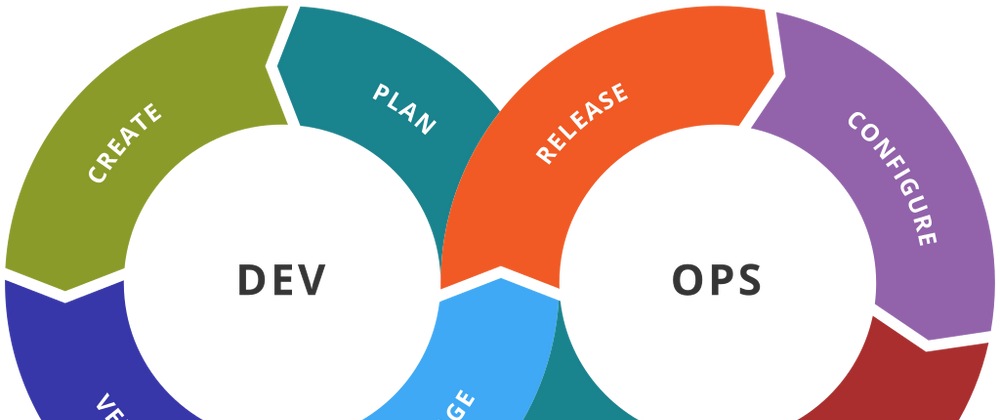DevOps is a mechanism for smoothly integrating development and operations teams across the product development lifecycle. While the functionality began with Dev and Ops, it is no longer confined to these two departments. You may form cross-functional teams made up of personnel from development, design, testing, QA, security, and business, depending on your project's needs and specialty. DevOps not only improves business operations, but it also changes the culture of an organization.
The DevOps team is in charge of software development and operations. The DevOps team, on the other hand, is in charge of code testing. It also keeps track of the software's future performance and scalability.
The concept behind DevOps automation tools
Everything is automated in perfect order with automation technologies. From code generation through deployment, you can automate the process and guarantee that it runs well. This is why the DevOps team needs to automate this procedure. Automation has the potential to increase the value of that team. Its infrastructure and design improve the reliability of distribution from one location to another.
You may transport code from your developer's workstation to your production system using the automation tool. It also keeps track of the entire procedure. Finally, regardless of how many deliveries you have, it will keep a fast pace. DevOps automation technologies may maintain high consistency and accuracy with outstanding consistency and dependability. DevOps automation solutions may provide high levels of consistency and precision. That's why the DevOps team proposed automating build, deployment, and monitoring.
Categories for DevOps Automation Tools
1. Infrastructure Automation:
You don't need to be physically linked to the data centre to use Infrastructure Automation. You may control and scale them to meet your needs. This implies you can continue to run web traffic without having to invest in new hardware.
2. Configuration Management:
It automates time-consuming tasks and ensures that configuration is completed quickly and consistently. As a result, the DevOps team won't have to make tens of thousands of adjustments. They make one adjustment, which is automatically reflected in other locations.
3. Performance Management:
They monitor the software's performance in real time. They'll assist the developers in identifying and resolving any potential performance concerns.
4. Deployment Automation:
They make the CI/CD workflow more automated. They enable us to follow a standardised integration and deployment process. It can also detect flaws in the process rapidly. As a result, software quality remains unaffected.
5. Log management:
They analyse, gather, and store all logs in one place to solve and manage them.
6. Monitoring:
They assist the DevOps team in identifying and addressing problems with infrastructure or related services.
DevOps Automation Tools Selection Criteria
- Can monitor and test security measures.
- Support systems that can easily fill both the creation and administration of live systems.
- Manage the software that is generated as well as data communication between providers.
- Keep track of any bugs or problems.
- Maintain workflow integrations or CI/CD pipelines.
- In the marketplace, combine good value for money with faultless efficiency.
- Having a no-cost evaluation method with a free trial period.
Note : DevOps and Automation are not synonymous, and DevOps operations are carried out using automation technologies. Automation technologies increase the value of existing technical resources while also improving client satisfaction. Although the automation area is beneficial to DevOps, particularly in the CI/CD pipeline, they are not the same.
Can manual testing be replaced by automation?
In many circumstances, the automated method can decrease the need for manual testing, but it can never totally eliminate it. Automation can give a dynamic motion in terms of quality assurance. However, it only works with a certain command. It may fail to discover new issues or flaws, which might occur during manual testing by a DevOps engineer.
The QA result may not be exact due to command limitations. It is incapable of thinking like a human. A human's IQ can sometimes be used to detect and solve an issue. He can look through the features of the software and prepare a report summary. Manual testing, on the other hand, is a time-consuming operation.
Conclusion:
Automation is beneficial. DevOps uses automation to keep complicated software administration in perfect order. There are several automation tool categories from which to pick. As a result, the DevOps team may continue to operate more efficiently than previously. However, various apps have distinct automation tool needs. Teams should remember to keep their criterion in mind. The processes will become more efficient with the ideal combination of DevOps engineers and Automation.



Top comments (0)